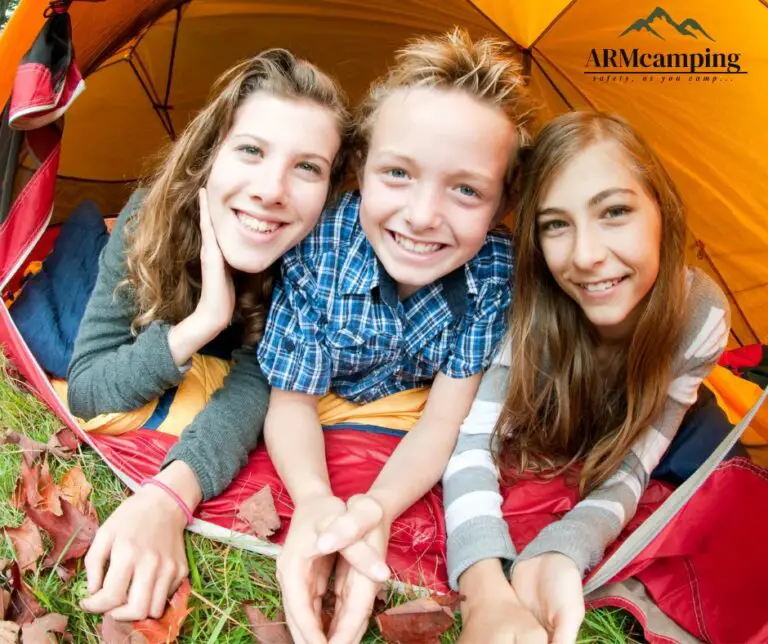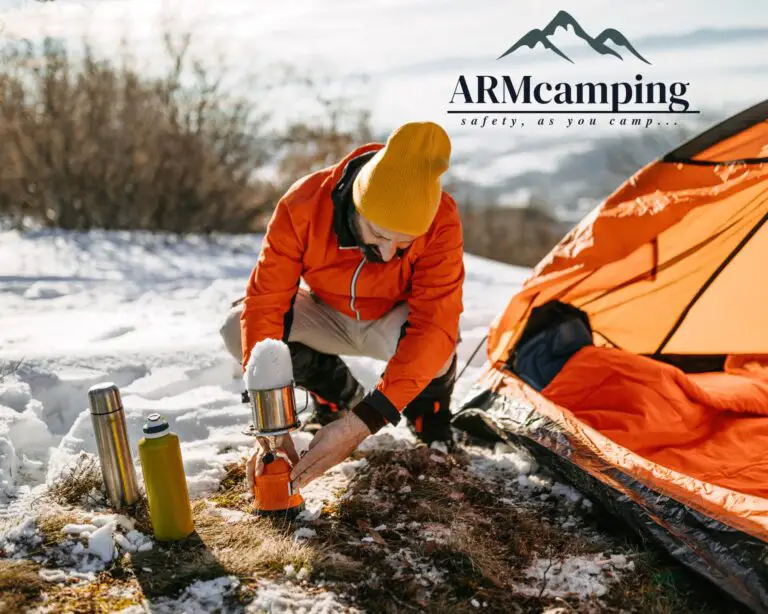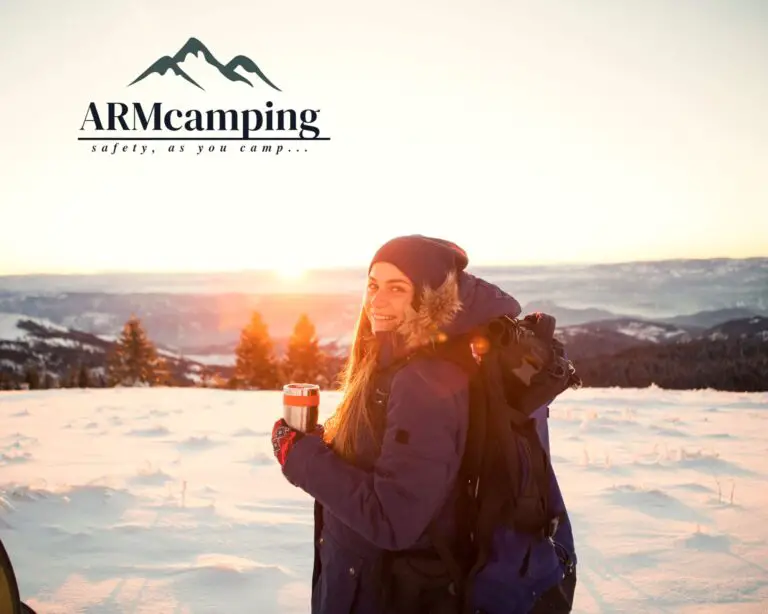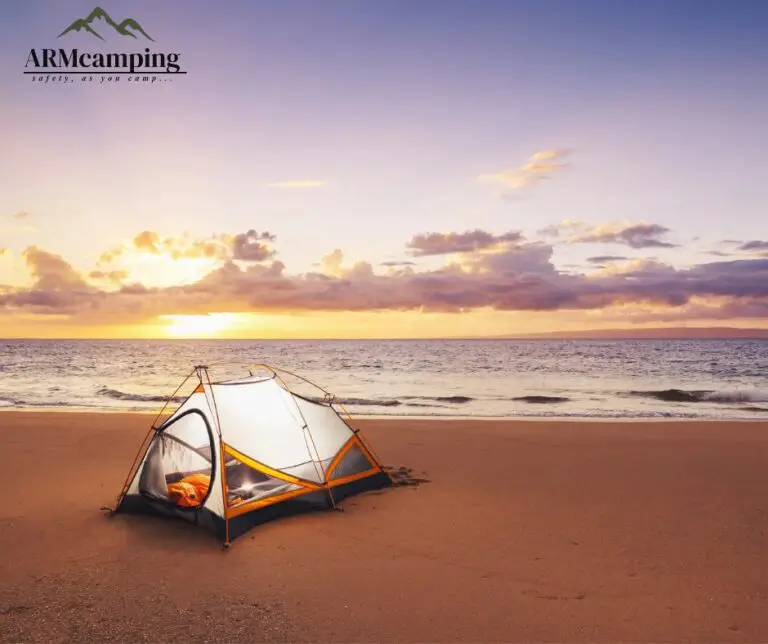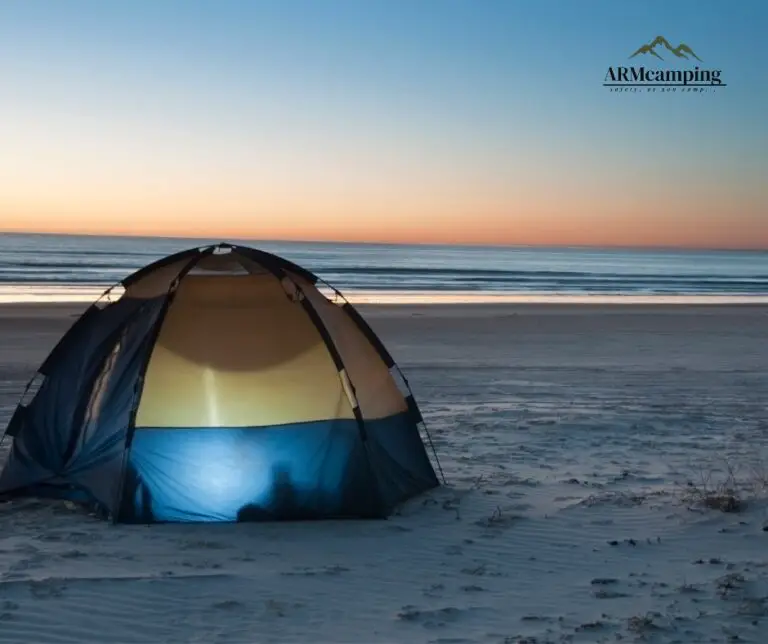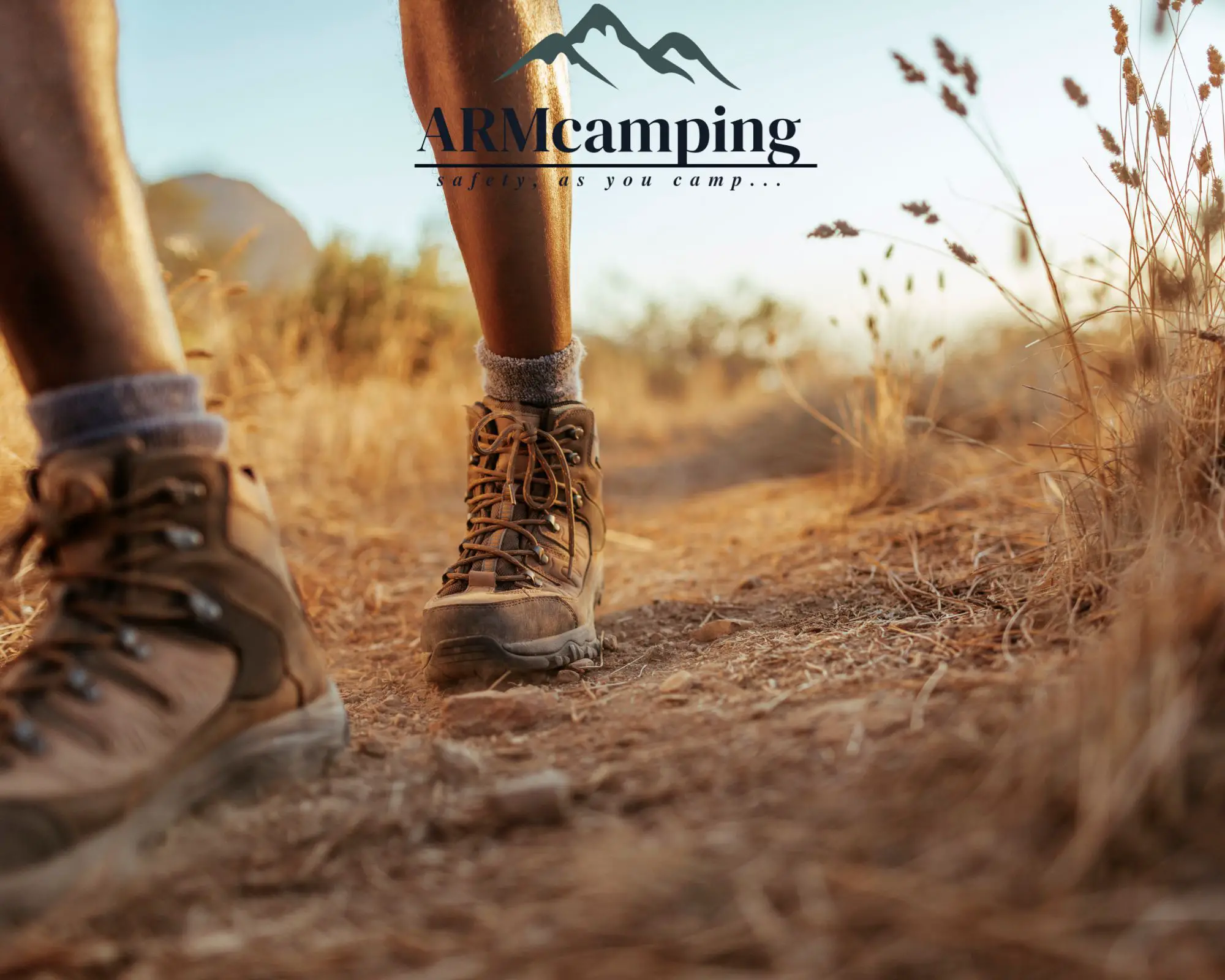
10 Important Tips To Stay Safe While Camping And Hiking
Table of Contents
Tips on hiking and camping safety can vary based on different circumstances, but these five pieces of advice are a good place to start.
There are many things you can consider when planning a trip to the great outdoors, such as where you want to camp and how far you want to backpack.
But one thing you may not have considered is the potential for danger. While there are many ways to be safe when you are on the road, there are some common-sense guidelines that should be followed.
There are safety guidelines you take that might save your life or those of the people traveling with you. Here are some of the general principles of camping and hiking safety tips:
1. Let someone know where you’re going. This way, if you run into trouble, your friends or family can contact authorities and help find you or render help.
2. Use the buddy system when hiking in unfamiliar territory. Having a companion can make navigating difficult terrain easier and is safer in case of emergencies.
3. Have signal devices to use if you become lost or stranded. These can include a cell phone, whistle, mirror, or flare gun.
4. Watch the trail ahead of you while hiking, taking care to avoid twisting an ankle by stepping on uneven ground or rocks in your path.
5. Wear sturdy footwear that’s designed for the activity you’re doing, whether it’s hiking or running up a mountain trail.
Hiking is a wonderful way to get outdoors and enjoy nature. Whether you’re going for a family hike or a solo trek, take the proper precautions to ensure your safety.
We’ve listed some of the most important safety tips for the best camping and hiking experience possible.
For Camping:
Don’t Keep Food Or Anything That Smells In Or Around Your Tent. (Animals)
This is one of the most important. Animals are attracted to all food, but can also be attracted to anything that has a scent like deodorant, toothpaste, lotion, suntan oil, etc. We should keep all items like this in airtight containers and stored away from your camp at night.
Keep Your Campfire Far Enough Away From Your Tent To Prevent A Fire.
When camping, it’s important to be aware of your surroundings. Make sure that you keep your campfire far away from your tent.
This will prevent a fire from breaking out, and will also allow you to breathe more easily at night. One of the best things you can do to prevent a forest fire is to never leave your campfire unattended.
If you have a campfire, keep it far enough away from your tent that sparks and embers cannot reach your tent and leave a burning log in the fire pit. Good air circulation will help prevent sparks or embers from reaching the tent. If you like cooking on an open fire while camping, check out this “Fire Prevention Guidelines”.
Bring A First Aid Kit
Before you head out camping, bring a few things to make your get-away easier: Put together a first aid kit such as bug spray, sunscreen, bandages, band-aids, antibacterial ointment, gauze, bandages, antibiotic wipes, tweezers, and a small pair of scissors. Pack any prescription medications you may need to take as well. Remember, any medications you’ll need in case of an emergency.
Don’t Drink Unsanitary Water
If you’re going on a camping trip, make sure you don’t drink any water that might be unsafe. Many things can contaminate water that comes from lakes, rivers, and streams.
One of the most common is bacteria, while others are caused by human or animal waste. Be sure to filter or boil all water from natural sources before drinking. If you want to know maybe the water at your campsite is safe for drinking, check; “How To Tell If Water Is Safe To Drink While Camping?”.
Familiarize Yourself With The Area
The best way to ensure that your trip is safe is to familiarize yourself with the area you’ll be camping in.
It’s good practice to familiarize yourself with the area you plan on camping in, particularly if it is your first time camping. You want to be aware of any potential dangers and challenges that you may need to avoid or consider beforehand.
While exploring the area, keep in mind how close or far away you are from emergency services or rescue centers. In addition, it would be wise to prepare for a contingency plan, i.e. what would happen if you were separated from your group?
For Hiking:
Take More Than Enough Water To Sustain Yourself
Before you go hiking with your friends and family, make sure that you pack enough fresh water to last your entire trip.
Take enough water to sustain yourself on your outdoor trip. It’s better to bring more than what you will need than not enough.
It’s also essential to make sure that you’re hydrating by drinking plenty of water throughout since you’ll be more active than you are on a normal day.
Tell Someone Where You Are Going
There is always a chance that something bad can happen to you while you are out in the wild. This is not something that you want to dwell on, but it is important to be prepared for any situation.
No matter if you are hiking or camping with kids or on your own, always tell someone where you are going, and ask the person to check on you when you should be back or if they don’t hear from you.
Leave a trail of breadcrumbs (so to speak) by leaving a clear itinerary with family/friends. They’ll know how long you’re going to be gone, as well as where you are specific and which trails you’re hiking/camping on.
Don’t Hike A Trail That You Are Not Conditioned For
Hiking may seem like the easiest way to camp, but it can be the most dangerous. Many people have caught themselves in an unpleasant situation that had serious consequences.
What you pack for your camping trip is vitally important, but so is where you go. Make sure to not hike trails that do not condition you! Pick the proper trail for your skill level.
If you are not a regular hiker, don’t pick a trail that is for advanced hikers. Or if you are used to hiking higher elevations, then don’t try a flat terrain hike your first time out.
Don’t Hike In Extreme Weather
When hiking in extreme weather, be sure to check state regulations. Some states may close certain trails that are too dangerous for hiking due to weather.
For example, during winter in Utah, there can be days when some trails are closed because of heavy snowfall and extreme cold. There is a special emergency number that all hikers should have with them at all times: 911. You can call this emergency number if there is a life-threatening situation or an injury that needs medical attention immediately.
It is important to research your trail beforehand so that you don’t miss any interesting sights. If you plan on hiking the Grand Canyon, do an online search of the wildlife and plant life that grows in that area.
Take A Navigation Device Or Map To Ensure You Can Find Your Way
Take a navigation device or map to ensure you can find your way, even if you are on a self-guided walk. A compass or GPS (Global Positioning System) receiver and personal locator beacon can be useful if you need to attract attention and help. Letting people know when you expect to return is also a good idea.
Finally
Camping hiking safety is important whether you are a beginner or an experienced hiker. Use these camping hiking safety tips to safely enjoy the outdoors.
In summary, with proper planning, knowledge, and vigilance, camping and hiking can be a fun and safe activity for the whole family.
To learn more about camping hiking safety tips, check here for “camping hiking safety tips.”

